Britain & Ireland
What was it about industrialisation that led to the emergence of a woman’s movement in Victorian Britain? Why do we see so many people fighting for so many rights and liberties in this period and what are the origins of some of the issues we still campaign on today? This section includes our major series on Social and Political Change in the UK from 1800 to the present day. There are also articles and podcasts on the often violent relationship between England and Ireland during this period and England’s changing relationship with Scotland and Wales. Read more
Sort by:
Date (Newest first) | Title A-Z
Show:
All |
Articles |
Podcasts |
Multipage Articles
-

The NHS: Britain’s National Health Service, 1948-2020
ArticleClick to view -

The National Insurance Act 1911: three perspectives, one policy
ArticleClick to view -
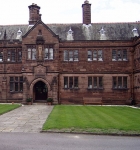
The National Memorial to William Ewart Gladstone
ArticleClick to view -
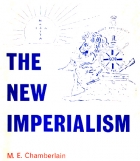
The New Imperialism
ArticleClick to view -
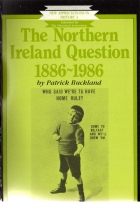
The Northern Ireland Question 1886-1986
ArticleClick to view -
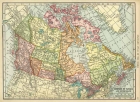
The Northern Limit: Britain, Canada and Greenland, 1917-20
ArticleClick to view -
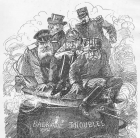
The Origins of the First World War
ArticleClick to view -

The Origins of the Local Government Service
ArticleClick to view -

The Origins of the Second Great War
ArticleClick to view -
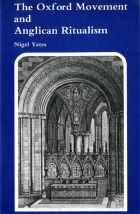
The Oxford Movement and Anglican Ritualism
ArticleClick to view -

The Pennsylvanian Origins of British Abolitionism
ArticleClick to view -

The People's Pension
ArticleClick to view -

The Pilgrimage of Grace: Reactions, Responses and Revisions
ArticleClick to view -

The President's Column 106
ArticleClick to view -

The President's Column 111
ArticleClick to view -
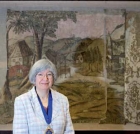
The President's Column 113
ArticleClick to view -

The President's Column 114
ArticleClick to view -

The President's Column 116
ArticleClick to view -

The President's Column 118
ArticleClick to view -

The President's Column 119
ArticleClick to view

